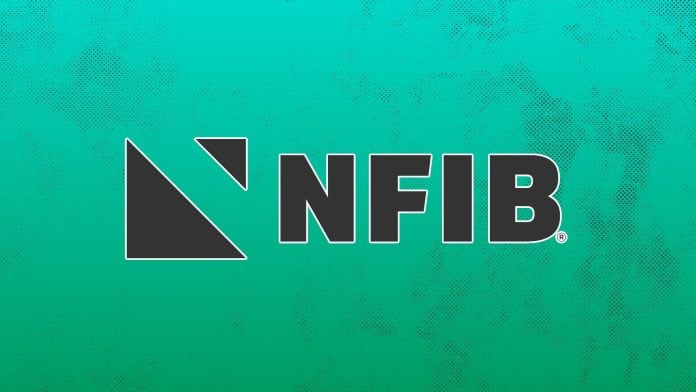A significant case of mortgage and loan fraud has culminated in the sentencing of a California man, Steven Tetsuya Morizono, highlighting the vulnerabilities within financial systems that small business owners should note. Morizono, also known as Jeff Lucian, orchestrated a large-scale scheme that exploited businesses, banks, and government programs, resulting in a total of 121 months in federal prison.
This case serves as a stark reminder that fraudulent activities can impact the broader economic landscape, affecting even those running legitimate small businesses. Morizono’s actions were not just “paperwork fraud,” as U.S. Attorney Nicholas J. Ganjei put it—his calculated scheme targeted the housing market, banks, and taxpayers, jeopardizing the integrity of systems that many small business owners rely upon.
Morizono pleaded guilty to a multitude of charges, including conspiracy to commit bank fraud, mortgage fraud, and making false statements to the Federal Trade Commission. He operated through a company named Jeff Funding, where he and his accomplices manipulated the financial system by creating falsified loan applications, straw buyers, and fraudulent credit repair services across the nation.
The court described Morizono’s actions as “deeply troubling and absolutely corrupt.” His approach was predatory; he engaged individuals with poor credit, inflated their credit histories using false claims of identity theft, and submitted fraudulent pay stubs to secure loans. “These criminals exploited every opportunity—to enrich themselves at the expense of taxpayers, banks, and honest Americans,” Ganjei remarked.
The ripple effects of such fraud are substantial. Small business owners rely on stable lending environments, often turning to small loans or federal assistance programs to ensure sustainability. Morizono and his group’s activities not only led to unmanageable debt for their victims but also threatened the housing finance system. The Federal Housing Finance Agency (FHFA) stressed that fraud of this nature puts the entire financial ecosystem at risk.
Compounding the situation, the conspirators seized on vulnerabilities created by the COVID-19 pandemic to infiltrate federal relief programs, such as the Paycheck Protection Program and Economic Injury Disaster Loans. They submitted hundreds of falsified applications, extracting resources intended for genuine businesses. This reality poses a substantial risk to legitimate small business owners who depend on these resources to navigate uncertain economic terrain.
The investigation, which involved multiple agencies including the IRS and the Small Business Administration (SBA), ultimately led to 17 individuals being convicted, including mortgage brokers and several straw buyers aligned with the scheme. What began in 2017 reached a fever pitch as the group exploited COVID-19 relief efforts, showcasing how easily systemic weaknesses can be manipulated.
While regulatory structures exist to deter such fraud, small business owners may want to consider the implications of these events on their operations. It raises critical questions about bank vetting procedures, credit approvals, and the general trustworthiness of loan application processes.
Local banks and financial institutions may tighten their lending practices in the wake of this scheme to mitigate risk, influencing the accessibility of funds for small businesses seeking loans or grants. Increased scrutiny might lead to more rigorous requirements for credit history validation, putting additional pressure on business owners who have faced financial challenges or downturns.
Moreover, this case serves as a cautionary tale. Small business owners must remain vigilant, staying informed about potential fraud risks, especially when engaging with lenders or applying for assistance programs.
As the saying goes, "an ounce of prevention is worth a pound of cure." In a climate where fraudulent behavior can destabilize financial systems, small businesses can benefit from fostering transparent and ethical practices, ensuring that their operations remain above board and immune to the pitfalls reinforced by unscrupulous schemes.
The sentencing of Morizono sends a message that the judicial system will not tolerate such fraudulent behavior, aiming to protect both consumers and businesses. As investigations continue and further implications unfold, small business owners should stay informed and proactive in their financial dealings to avoid becoming collateral damage in fraudulent operations.
For those interested in additional insights on this case, further details can be accessed through the original post by the U.S. Small Business Administration here.
Image Via BizSugar



